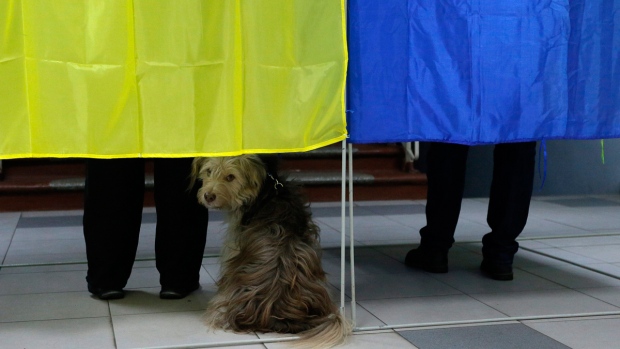|
IN THE SPOTLIGHT |
Eastern Partnership Civil Society Forum
|
|
Is there an East-West Divide in Ukraine after the Local Elections?29 October 2015
Last Sunday on 25 October Ukraine held its first nationwide local elections since the Euromaidan revolution of 2013-2014. According to the International Election Observation Mission (IEOM), these elections “were widely viewed as a barometer of the authorities’ intentions to maintain the positive standards achieved during the 2014 presidential and parliamentary elections”. International observers and local NGO watchdogs overall agreed that the elections respected the democratic process but many irregularities were identified. The IEOM concluded that while “the elections were competitive, well organized overall and the campaign generally showed respect for the democratic process […] the complexity of the legal framework, the dominance of powerful economic groups over the electoral process, and the fact that virtually all campaign coverage in the media was paid for, underscore the need for continued reform.” From the EU side, it was stated that the local elections “are another important step in the consolidation of the country's democratic governance, following the presidential and parliamentary elections of last year.” Nevertheless, it was demanded that the voting rights of 5million voters who were not able to exercise them this time be ensured “as a matter of priority”. Elections were not held in parts of the Donetsk and Luhansk regions of eastern Ukraine controlled by Russia-backed separatists. Political conflicts also led to the postponement of elections in the eastern cities of Krasnoarmiisk and Svatovo. And in Mariupol, the voting was cancelled because of tensions over the influence of the Ukrainian oligarch Rinat Akhmetov, who supports the Opposition Bloc. Considering the challenging political, economic, humanitarian and security environment, the expected democratic renewal of political elites at the local and regional level in times of the ongoing decentralisation reform appeared to be difficult. While Poroshenko's Bloc sought to expand the influence through the local elections, some experts noted that the disposition of forces showed an East-West divide in the country. Also media largely reported that President Petro Poroshenko would retain its dominant position in the centre-west part of the country, while the voters in the south-east preferred the Opposition Bloc, formed from the affiliates of the Party of the Regions of the former pro-Russian President Viktor Yanukovych. In contrast, FRIDE concluded that the elections results had exposed a disconnect between national and local politics and pointed at a greater regional diversity in 2015, where the “East-West divide of Ukraine into Russia-oriented and Europe-oriented regions has been blurred (although not entirely disappeared)”. Similarly, Carnegie Europe noted a number of significant developments in Ukraine, which redefined the political landscape across the country. |
Project funded by the European Union
![]()








